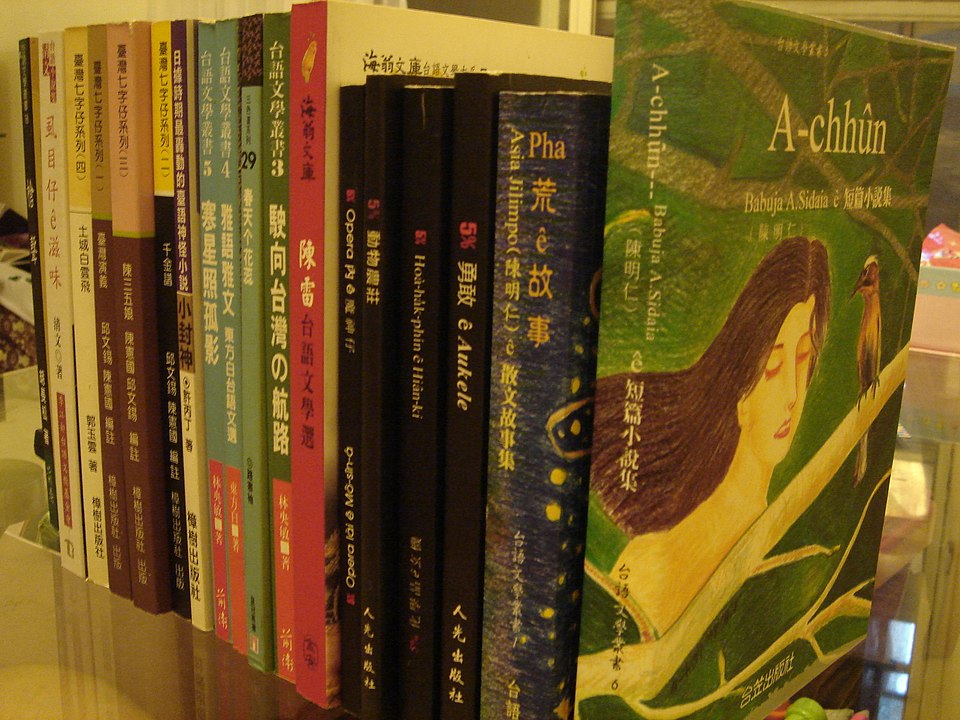The difference between Taiwanese vs Mandarin

Taiwanese Hokkien is often just referred to as Taiwanese, even though there are several languages used in Taiwan. While Taiwanese and Mandarin are both seen as dialects of Chinese, the differences are substantial and they are not mutually intelligible. For Mandarin speakers who have not grown up hearing Taiwanese Hokkien, it will be difficult to understand anything, not that dissimilar to an monolingual English speaker trying to understand German or other European languages. Many of the words have similar origins in older versions of Chinese, but the different tones and pronunciation make it hard to catch.
Hokkien, Hakka, Mandarin, and various Indigenous languages are all spoken around Taiwan, but Mandarin is easily the most commonly spoken, especially in the north. Despite this, Taiwanese always refers to Taiwanese Hokkien and not Taiwanese Mandarin. Hokkien is also spoken in mainland China, mainly in Fujian Province, along with scattered communities around Southeast Asia.
Taiwanese Hokkien is much closer to Old Chinese than Mandarin, an varient of Chinese used in Ancient China. In comparison Mandarin Chinese went through major changes losing some of the characteristics of Old and Middle Chinese. While Mandarin Chinese was used as an official language in courts among government appointees from around the 16th century, it wasn&apost as commonly spoken by the general public for many areas in China, until the Chinese government made it the official language of the country in the early 20th century. China spent many years promoting Mandarin as the national language and pushing the population to learn it to improve literacy rates. While it achieved the goal of having one universal Chinese language for everyone, the other Chinese dialects like Hokkien and Hakka have been slowly decreasing in usage over the years.
While there are still pockets of Hokkien speaking communities around the world such as Southern Taiwan and Singapore, the number of speakers is still decreasing as the younger generation have embraced Mandarin. Many younger Taiwanese only speak Taiwanese Hokkien with their grandparents, some only being able to understand the language and not able to speak it.